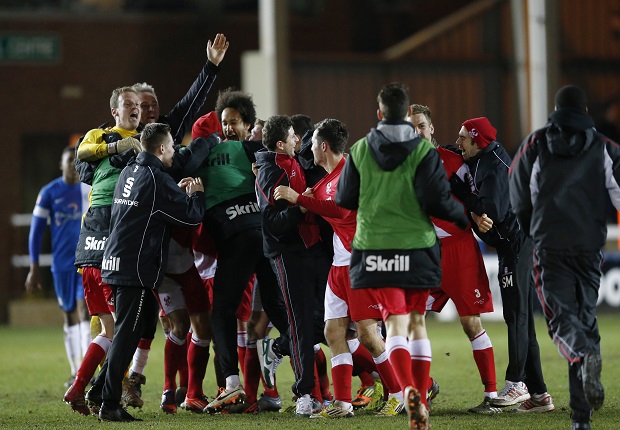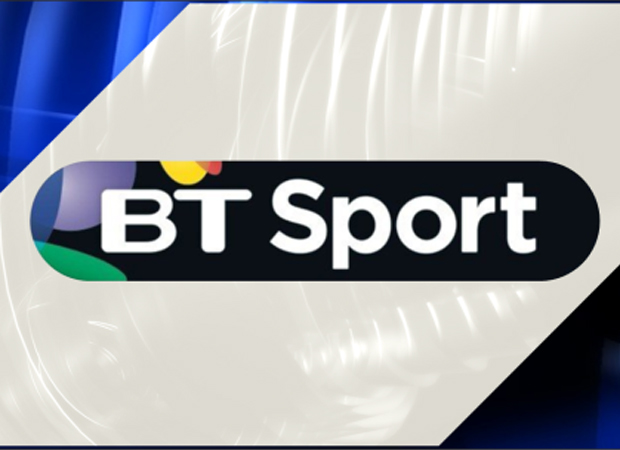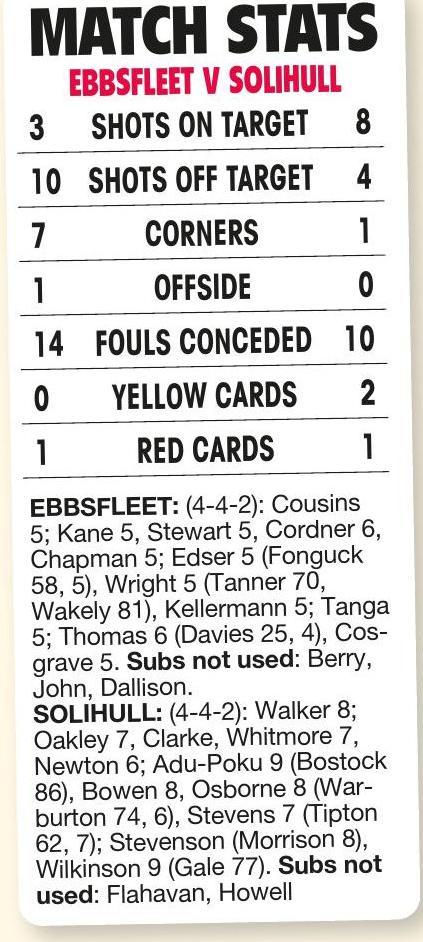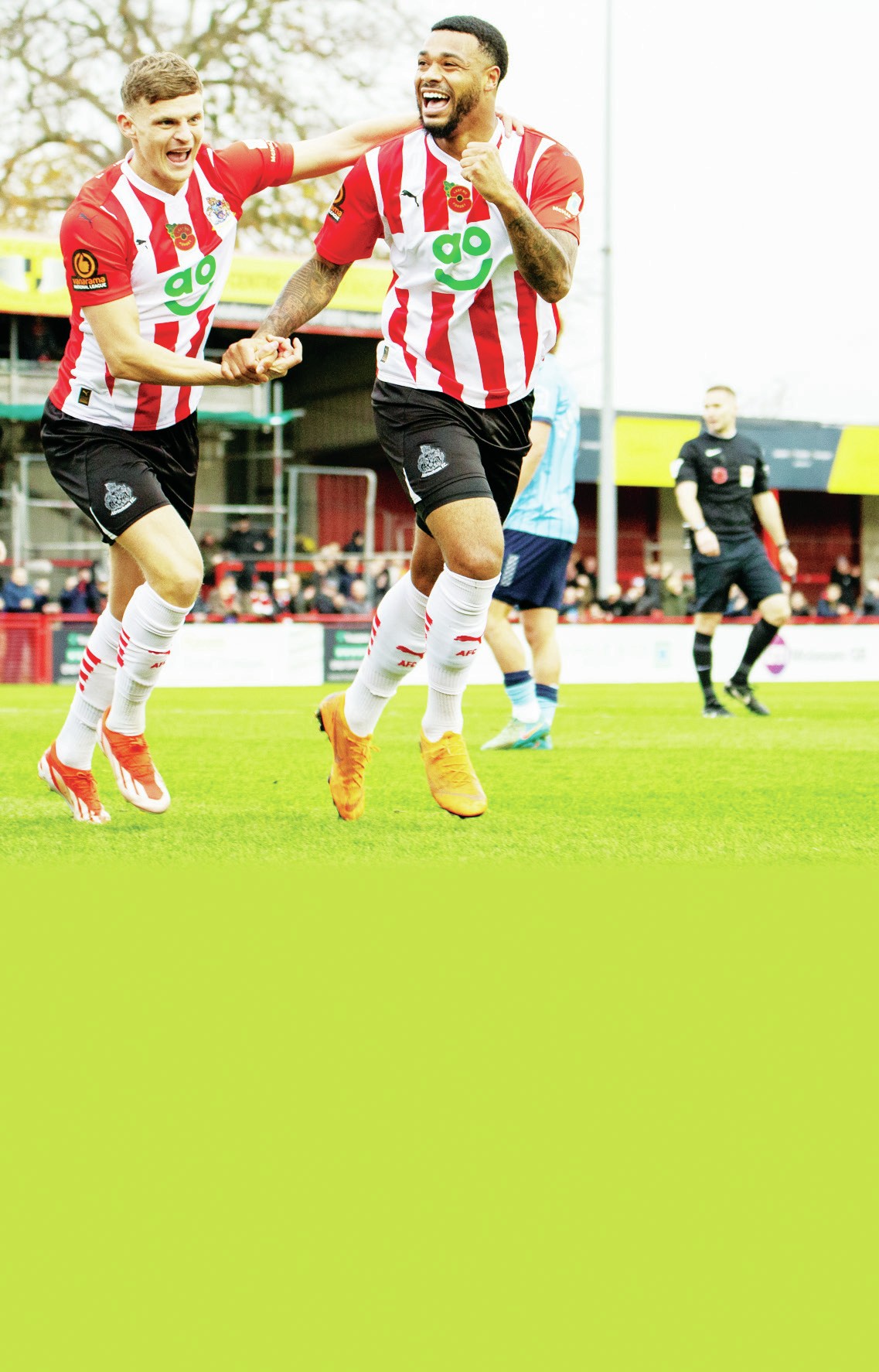
It has now been over two years since Manchester United bucked the trend of football clubs going private by publically listing on the New York stock exchange (NYSE); a move which, if successful, analysts at the time speculated could convince other top clubs to consider the same financial route.
Whilst the float failed to generate much excitement amongst investors or other clubs, several factors now make a wider selection of clubs floating on stock markets much more of a possibility. The radical commercialisation of football, it seems, is going to kick up a gear once more: and that might be good news for Non-League.
Over the last 24 months, Manchester United has overcome its shaky start to life on NYSE, and grown in stature amongst investors. Before the current season started, as optimism abounded at Old Trafford, its share price was peaking at $19.35. That represented a healthy 36% increase on United’s initial float price, enough to convince the Glazer family to sell off a further 5% of the company before the season started. That financial success has only led to increased ire from fans.
That peak came as Manchester United went through a purple patch, an all-too-rare occurrence since Sir Alex Ferguson announced his retirement ten months into its publically traded era. Though both the club’s on pitch and share price has dipped since the season started, if Van Gaal can deliver a Champions League place (currently Manchester United site four points from fourth), expect its share price to rise dramatically.
Or at least, that’s what has happened before. Once the initial uncertainty after United’s IPO had settled, it was Sir Alex’s title-winning run that brought United’s stock up to an initial high. That dissipated once he announced his retirement in May. Then, David Moyes’ disastrous season caused the share price to fall 17% until shortly before his sacking.
Now that financial fair play (FFP) has placed renewed emphasis on profit for Premiership teams, it makes sense for club owners to start looking for new ways to drive revenue from their assets. And as TV deals are increasing in value at an alarming rate, Premiership clubs are becoming more attractive to investors. If Manchester United end the season with a flourish, or QPR end up with both relegation and punishment for violating FFP, other clubs will take heed.
When combined with the influx of billionaire owners that squeeze other clubs and make sensible, progressive growth much harder to achieve, this is all forcing clubs to act much more as franchises than ever before. Even if United’s share listing is ultimately viewed as a failure – and it may well lose out heavily if the Champions League is absent once more, especially after such a large outlay on players – top-flight football looks set to get yet-more profit driven.
If the often mooted move away from top league football is to materialise, then the stage is surely being set for it happen soon. Not only thanks to the external factors outlined above, but the increasing unrest at clubs like Manchester and Newcastle United, whose fans have been vocally rallying against their owners’ business practises. In Manchester, of course, that has led to the formation of FC United of Manchester.
Those clubs may have been formed in Non-League because of Football Association rules, but there are plenty of reasons to believe that an exodus away from the Premiership would lead to increased popularity in existing Non-League teams. Especially as lower league clubs gain more and more notoriety, with well-reported stories like that of Salford FC and the involvement of the ‘Class of 92’.
Exactly what might come out of the current disenfranchisement with the increasing commercialisation of league football is hard to predict. Non-League teams can afford a fraction of hope, though, that the domination of the Premiership at the expense of everyone else may soon begin to lessen.
Spread bets and CFDs are leveraged products and can result in losses that exceed your deposits. The value of shares, ETFs and ETCs bought through a stockbroking account can fall as well as rise, which could mean getting back less than you originally put in.
This information has been prepared by IG, a trading name of IG Markets Limited. The material on this page does not contain a record of our trading prices, or an offer of, or solicitation for, a transaction in any financial instrument. IG accepts no responsibility for any use that may be made of these comments and for any consequences that result. No representation or warranty is given as to the accuracy or completeness of this information. Consequently any person acting on it does so entirely at their own risk. Any research provided does not have regard to the specific investment objectives, financial situation and needs of any specific person who may receive it. It has not been prepared in accordance with legal requirements designed to promote the independence of investment research and as such is considered to be a marketing communication. Although we are not specifically constrained from dealing ahead of our recommendations we do not seek to take advantage of them before they are provided to our clients.

















